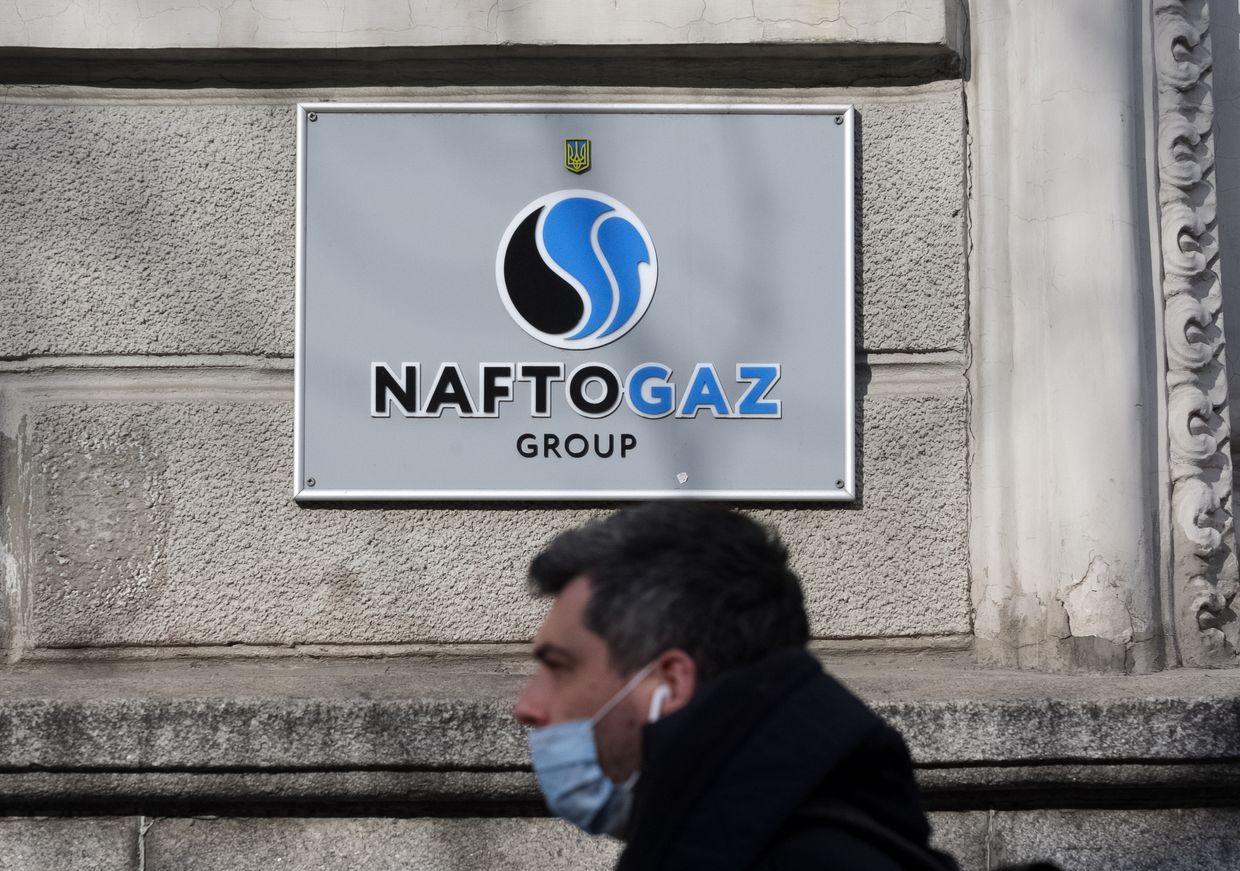Deputy Minister: Russian attacks on Ukraine's energy grid have led to $11.5 billion in losses

Since the beginning of Russia's full-scale invasion in February 2022, Russian attacks on energy infrastructure have amounted to at least $11.5 billion in losses for Ukraine, Deputy Minister of Energy Svitlana Hrynchuk said on air on March 23.
According to Hrynchuk, the losses do not account for Russia's attack on Dnipro Hydroelectric power plant, Ukraine's largest hydroelectric station, on March 22. The Deputy Minister noted that the most recent attack could be "assessed in large sums, possibly in the billions of dollars."
Hrynchuk said that the full extent of the damage was still unclear as crews continue to clear up debris.
The Hydroelectric Power Station-2 (HPS-2), one of the two stations of Zaporizhzhia's Dnipro Hydroelectric Power Plant, is in critical condition following the attack, in what was described as the "largest attacks on the Ukrainian energy sector in recent weeks."
"The goal is not just to damage it, but, just like last year, to cause a large-scale disruption in the country's energy system," Energy Minister Herman Halushchenko wrote after the attack.
According to remarks made by Ukrhydroenerho CEO Ihor Sirota, following the attacks on Dnipro Hydroelectric Power Plant, Ukraine lost approximately 20% of its power grid’s regulation capability - briefly leaving 1.5 million Ukrainians without power.
Throughout the winter of 2022-2023, Russia launched a series of mass missile and drone strikes against Ukraine's critical infrastructure facilities, killing dozens of civilians and causing rolling blackouts nationwide. That winter, Russia severely hit almost half of the country's energy system.
The winter of 2023-2024 spelled yet another wave of massive strikes, but the resulting energy disruptions have not reached the scale of those in late 2022 and early 2023. Russia's attacks this year have for the most part failed to disrupt en masse the country's power grid.
For the first time in its history, Ukraine got through the winter using domestic gas production only, Naftogaz’s CEO Oleksiy Chernyshov said on March 1.
"Ten years ago, nobody would believe in it. Two years ago, when the full-scale war began, it was also difficult to believe in it. But we did it, and now we plan to maintain the trend of Ukraine’s energy independence in the future," Chernyshov said.
Ukraine's Energy Ministry completed the assessment in collaboration with the World Bank












